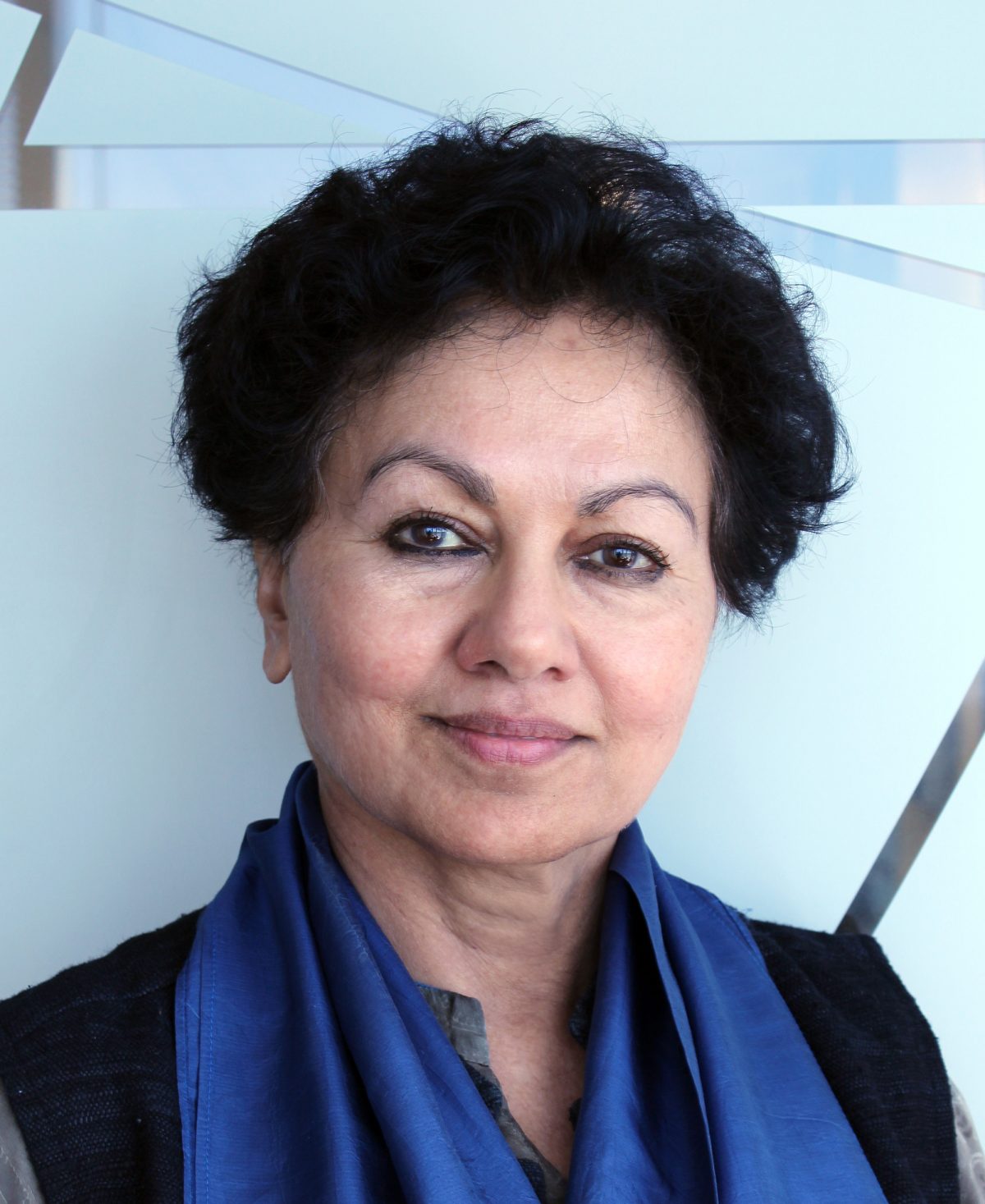A CARICOM Vocational Qualifications Online Training Programme was launched last Wednesday.
It will enable the continuity of Technical and Vocational Education and Training (TVET) professional development via distance learning.
According to a Caribbean Community (CARICOM) release on Tuesday, its Vocation-al Qualifications (CVQs) Assessors, Verifiers, Instructors can now have access to online training to enhance their capacity to ensure that artisans attain the occupational standards required for work within the CARICOM Single Market and Economy (CSME).
The training was launched by the Caribbean Association of National Training Authorities (CANTA) which was established in November 2003.
The programme is the result of collaboration involving the Commonwealth of Learning (COL), the National Training Authorities (NTAs) of Grenada, Barbados, and Trinidad and Tobago, the Caribbean Develop-ment Bank (CDB) and the Caribbean Community (CARICOM) Secretariat.
CANTA Chair Henderson Eastmond, noted that the launch of the Online CVQs training programme represents “an important milestone in the work of CANTA.” Referring to the programme due to commence next month as an example of regional cooperation, he explained that it would strengthen the work of NTAs that do not have enough resources to conduct face-to-face training, and build Member States’ capacity to implement CVQs. He also commended the course developers drawn from Trinidad and Tobago, Barbados and Grenada NTAs.
Chair of the CARICOM Council for Human and Social Development (COHSOD), Jeffrey Lloyd, Minister of Educa-tion of The Bahamas, spoke of the pandemic limiting face-to-face education and underscored the critical importance of virtual training. He said that the programme was developed with the recognition that “steps must be taken to create opportunities for citizens to earn a living, to maintain a decent level of financial stability, to enhance a positive identity and to ensure greater level of self-worth.” He also added that such courses “provide a critical route to assist with setting a pathway for citizens to engage in lifelong learning and continuous acquisition of life skills.”
Keynote speaker at the launch, President of COL, Dr Asha Kanwar said the initiative offers practical skills online, blending training at a distance with mentored practice in workplace settings. She emphasised the importance of Assessors, Verifiers and Instructors in implementation of the CARICOM Single Market and Economy, noting that a key element within the Single Market is the need for qualifications that enable skilled workers to move and work freely. “NTAs have a crucial role in certifying workers to agreed standards. They in turn rely on trained assessors, verifiers and instructors to assure quality and consistency across the Region,” she stated.
Dr Kanwar informed that the technology enables Grenada’s NTA to train assessors in Antigua and Barbuda virtually, without the need to travel. “It is time to go for clicks rather than bricks,” she declared, underlining the importance of integrating technology for the sustainability in education.
The COL head spoke about the success of the organisation’s workforce recovery programme, using COURSERA, which offers 3,800 courses from 200 top universities in the world including Ivy League universities in the United States. The universities provide licences for COL to offer the courses in the Common-wealth, and she indicated that 67,585 persons from the Carib-bean have participated. Of those participants, most of the students came from Barbados, Guyana, Grenada and Saint Lucia.
Professor Kanwar said she was pleased to learn that the high uptake from those CARICOM countries was due to good internet connectivity. Against this backdrop, she told Minister Lloyd that it was heartening to hear about his government’s effort to strengthen digital infrastructure to facilitate distance education.
The launch event featured an unveiling of the digital platform by Francis Ruffin of the Grenada NTA.
The CARICOM Vocational Qualifications, launched in October 2007, facilitate the movement of artisans and other skilled persons in the CARICOM Single Market and Economy (CSME). Candidates are expected to demonstrate competence in attaining occupational standards developed by practitioners, industry experts and employers, the release added.






